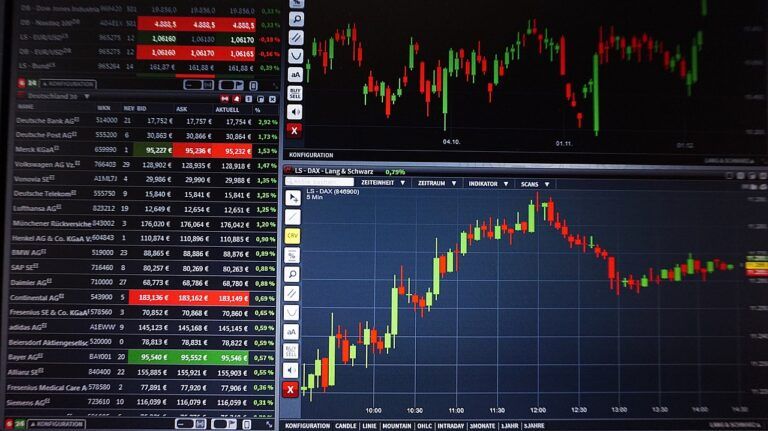As cryptocurrency prices continue to decline sharply this year from their all-time highs in December of 2017, digital asset exchanges are beginning to look for different ways to pull through the extended bear market. Crypto trading platforms OKex, Bitfinex, and FCoin have been approaching blockchain startups by offering to list their coins if they can help bring more customers to their exchanges.
Meanwhile, digital currency exchanges Binance and KuCoin have been reported to be charging very high listing fees. Christopher Franko, the co-founder of blockchain startup Expanse, has claimed that Binance wanted him to pay 400 Bitcoin (BTC), currently valued at over $2.5 million, to list his firm’s token on its exchange.
Charging Exorbitant Listing Fees
Although Binance CEO Changpeng Zhao tried to refute Franko’s claim, it has become evident that trading volumes on cryptocurrency exchanges and revenue has dropped significantly due to hundreds of billions of dollars exiting the struggling digital assets market.
Notably, Franko also claims that KuCoin wanted to charge him 50 BTC, or over $300,000 at current market prices, to list his company’s token on its exchange. After declining to pay the exorbitant listing fee, Franco said: “We can pay for it, but it doesn’t justify the means.”
KuCoin responded in a manner similar to Binance as the exchange said it does not disclose listing fees. Miles Wu, a representative from KuCoin, explained:
The listing fee is not the key factor for listing a project, the project itself is.
Usually blockchain startups run on a tight budget and most legitimate projects choose to invest their limited financial resources into research and development efforts. Commenting on the controversial or “unorthodox” strategies being used by exchanges to stay in business, the director of technology research at Digital Asset Research, Lucas Nuzzi, noted:
The market downturn has certainly contributed to an increase in unorthodox strategies by token issuers and exchanges.
“Native Coins” For Voting
As cryptocurrency prices continue to plummet, several exchanges have introduced their own “native coins.” Users are encouraged to buy these native coins so they can vote on which coins the exchange should list.
More established traditional market exchanges charge substantially lower fees, while also not requiring the companies they support to promote, or boost traffic, on their exchange. In most cases, bourses have been known to independently decide which stocks or commodities they will list on their exchanges – without asking traders for their input.
As CryptoGlobe reported, many cryptocurrency exchanges have resorted to desperate and misleading tactics in order to promote their business. Crypto Exchange Ranks (CER), a research group, conducted an investigation which revealed that newly established exchanges such as BitForex, CoinEx, and FCoin were generating fake volumes using “wash trading.”








